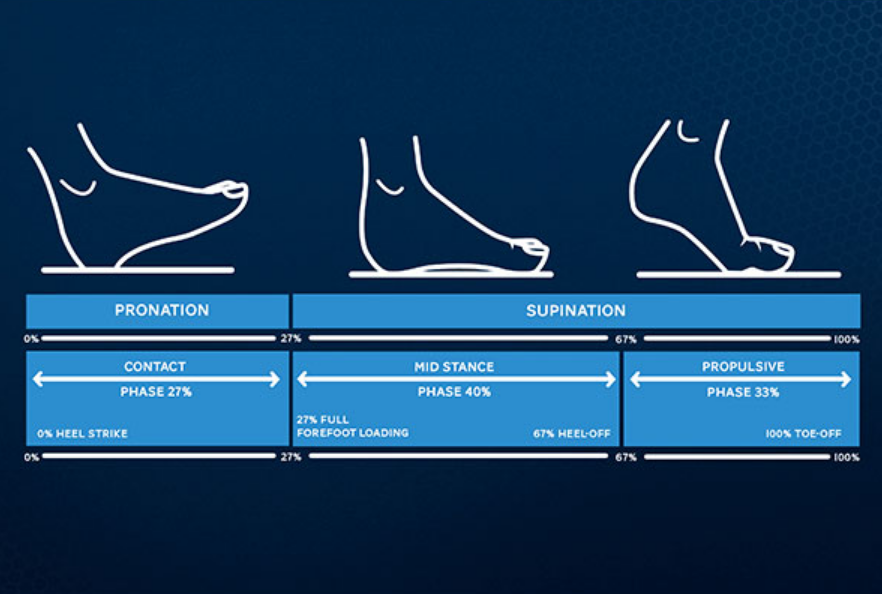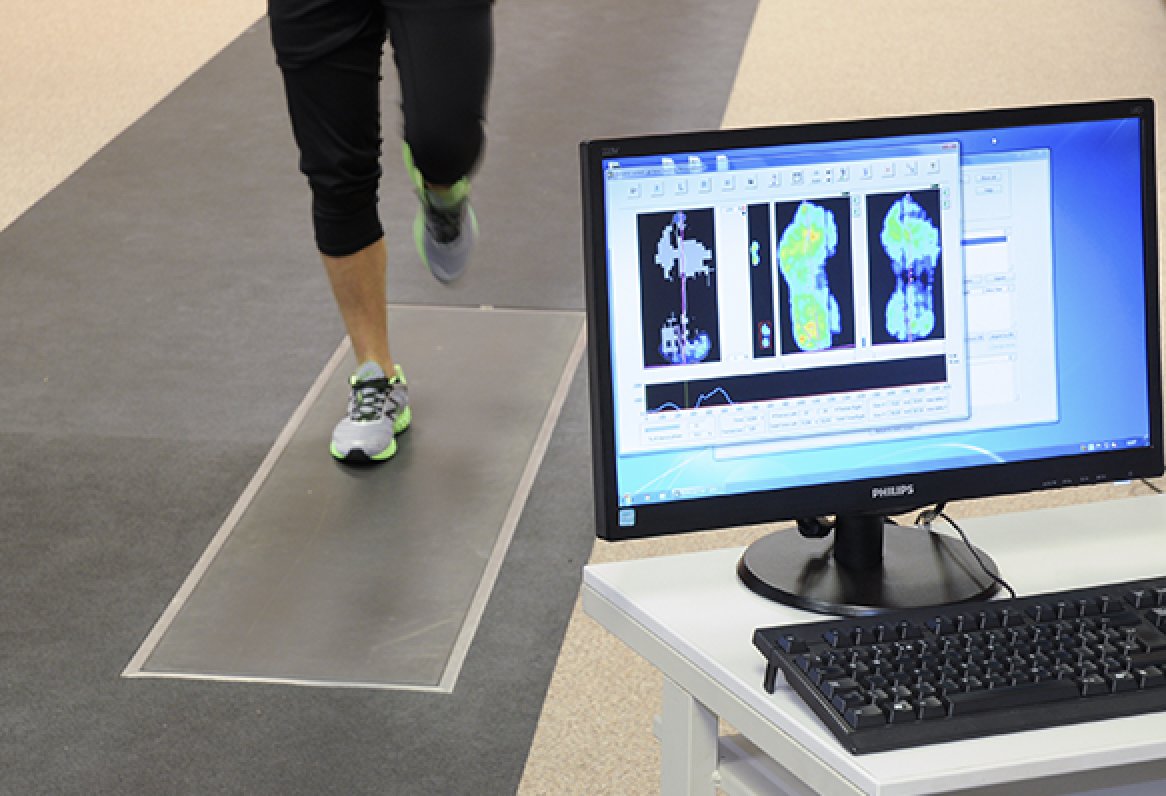Gait Analysis
ACE specialise in gait analysis and use state of the art scanning technology in order to achieve the most accurate assessment. ACE also provide a general podiatry service (chiropody) where we will attend to any of your foot care needs. Our Cardiff facility offers FREE AMPLE PARKING
Treatments and services
Biomechanics
It is well accepted that many problems relating to the foot, ankle, knee, hip and lower back can be caused by irregular movement of the foot.
An assessment, incorporating physical examination and analysis using the latest computerised scanning technology by our experienced Podiatrists, will help to identify any irregularities in the way in which your foot functions whilst moving.
If necessary, we will prescribe functional insoles to rectify any such discrepancies by supporting and correcting the foot throughout the gait cycle. As a result, reducing the stress and strain on muscles, ligaments and joints, which contribute to the cause of the conditions mentioned.
At our Cardiff Clinic, any functional insoles required are frequently issued at the SAME TIME as your assessment by one of our trained specialist fitting technicians.
During walking and running the foot must:
- Act as a shock absorber
- Be mobile in order to adapt to uneven ground
- Be a rigid lever in order to propel you forward efficiently
All three functions depend on the correct movement of the foot. The foot acts as both a rigid lever and a mobile adapter in gait and undergoes many changes of position when we walk and run. Foot biomechanics is the science of assessing foot function and relating this to foot pathology. An accurate diagnosis can be achieved by using both conventional principles and digital diagnostic techniques.
Many people suffer from pain in their feet, ankles, knees, hips and lower back, but not many realise that this can be caused by poor foot alignment. At Ace Feet in Motion, we have experienced qualified podiatrists available, with extensive knowledge of foot function and biomechanics. By attending our clinic we can carry out a full assessment with the computerised scanning system wherever necessary and formulate a treatment plan.



Gait Assessment Facility Cardiff
In addition to the three clinic rooms, in 2007 we opened our Gait Analysis Facility.
This state of the art facility has a 20 metre running track which allows our clinicians to analyse your natural sporting gait, whether running, jumping, bowling or walking.
It is here that we carry out our work with the WRU, Welsh Athletics, Disability Sports Wales and Cardiff City Football Club.
This room is available to be booked by individuals or sporting organisations for a more in-depth analysis.
Common Treated Conditions
FAQs
Ask an expert
If you have any other questions please feel free to ask the expert.
Email us [email protected]
Tweet us @FeetInMotionAce
